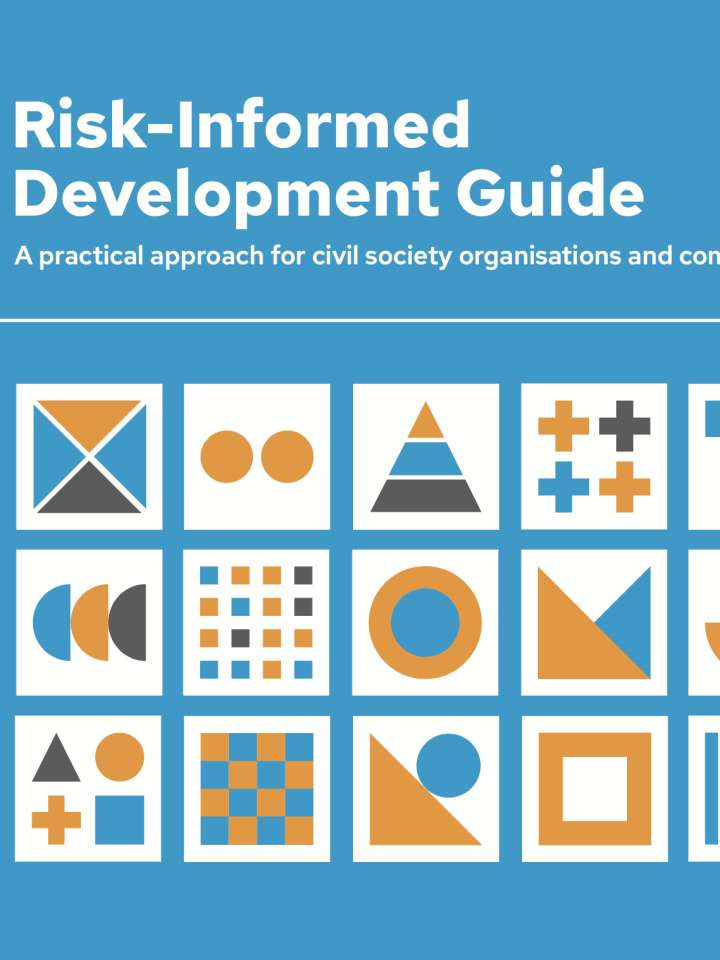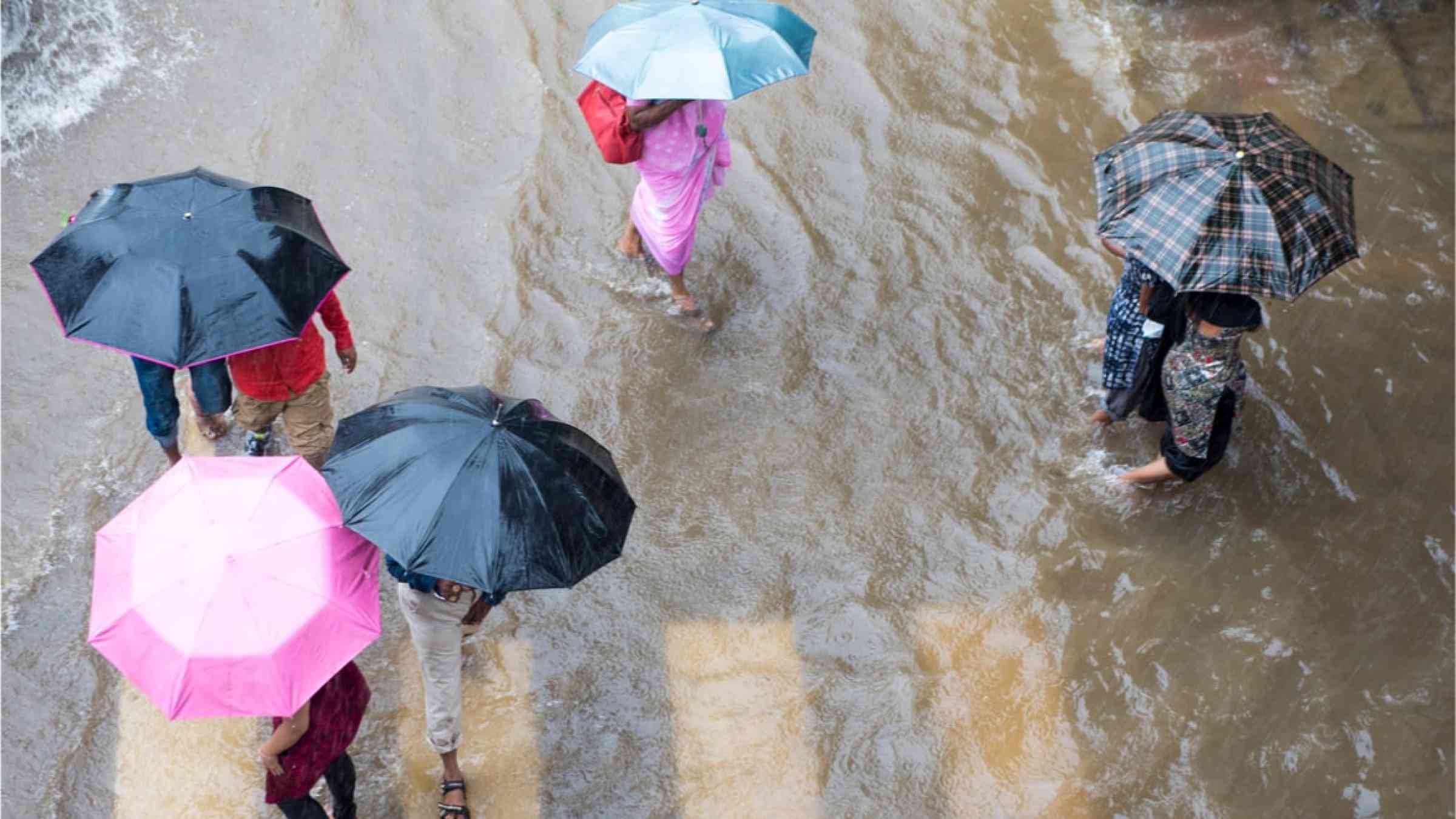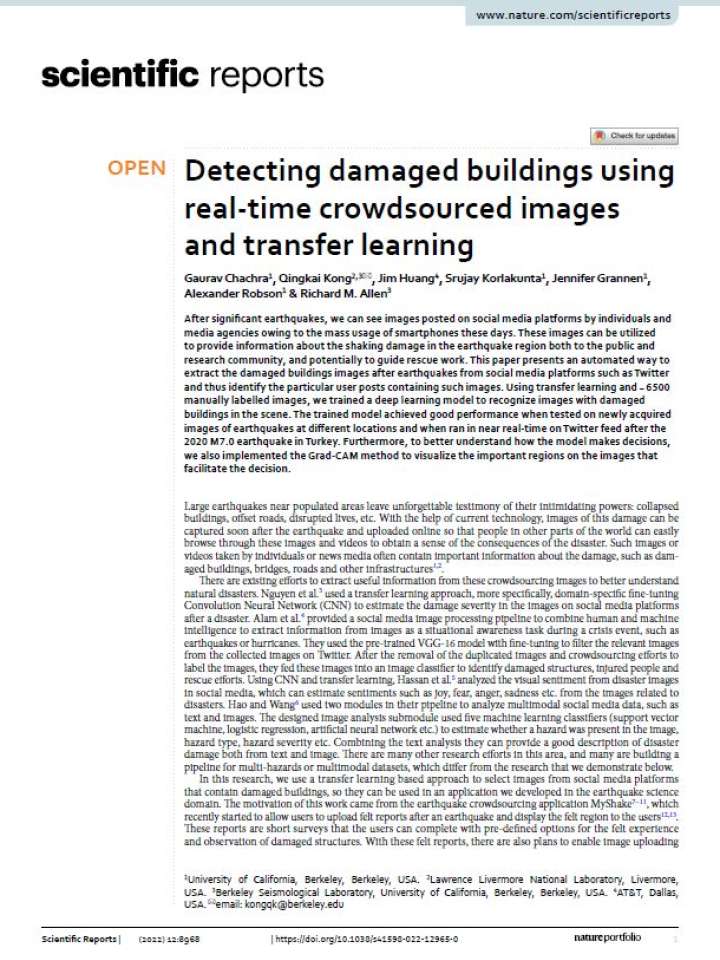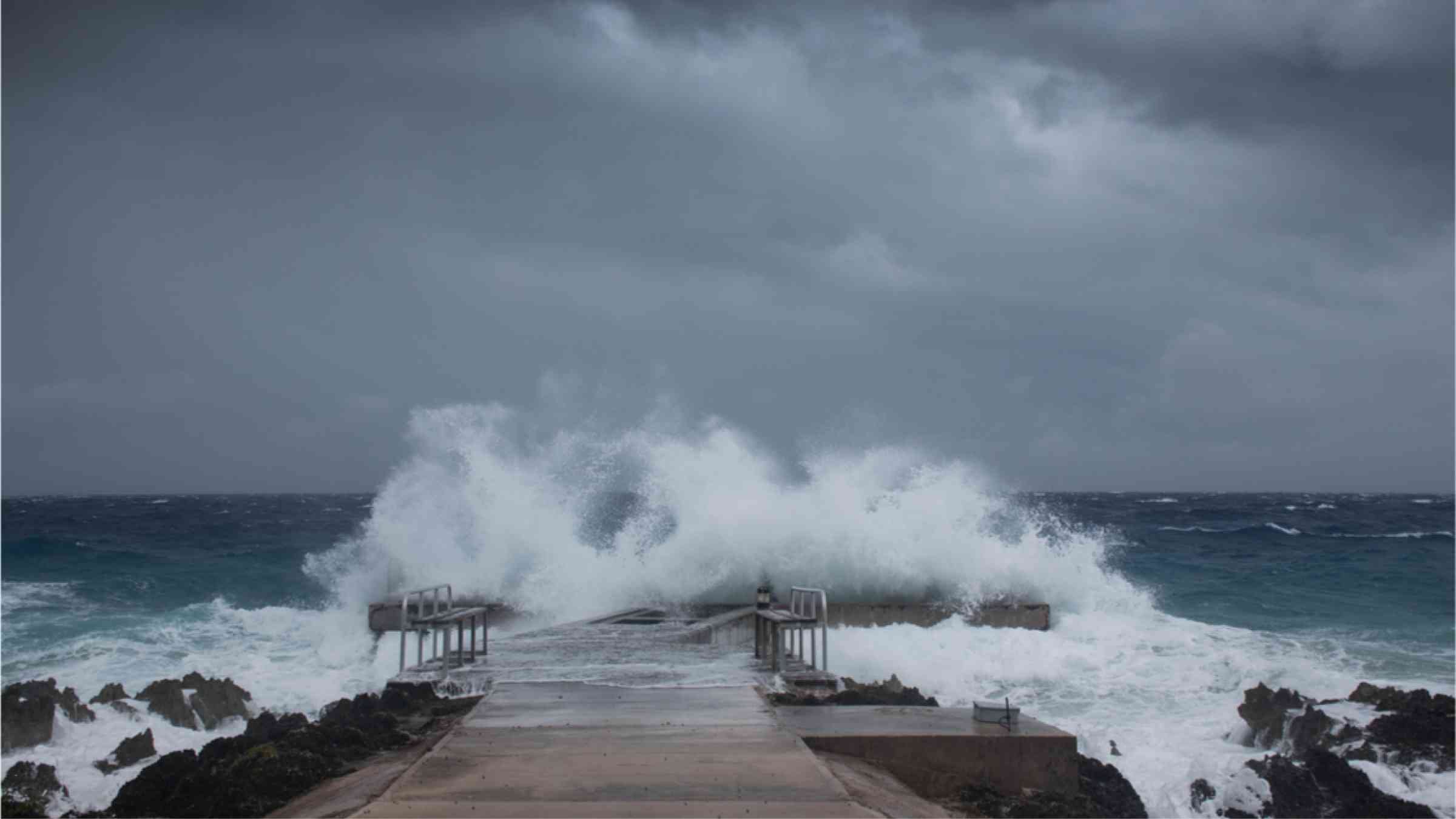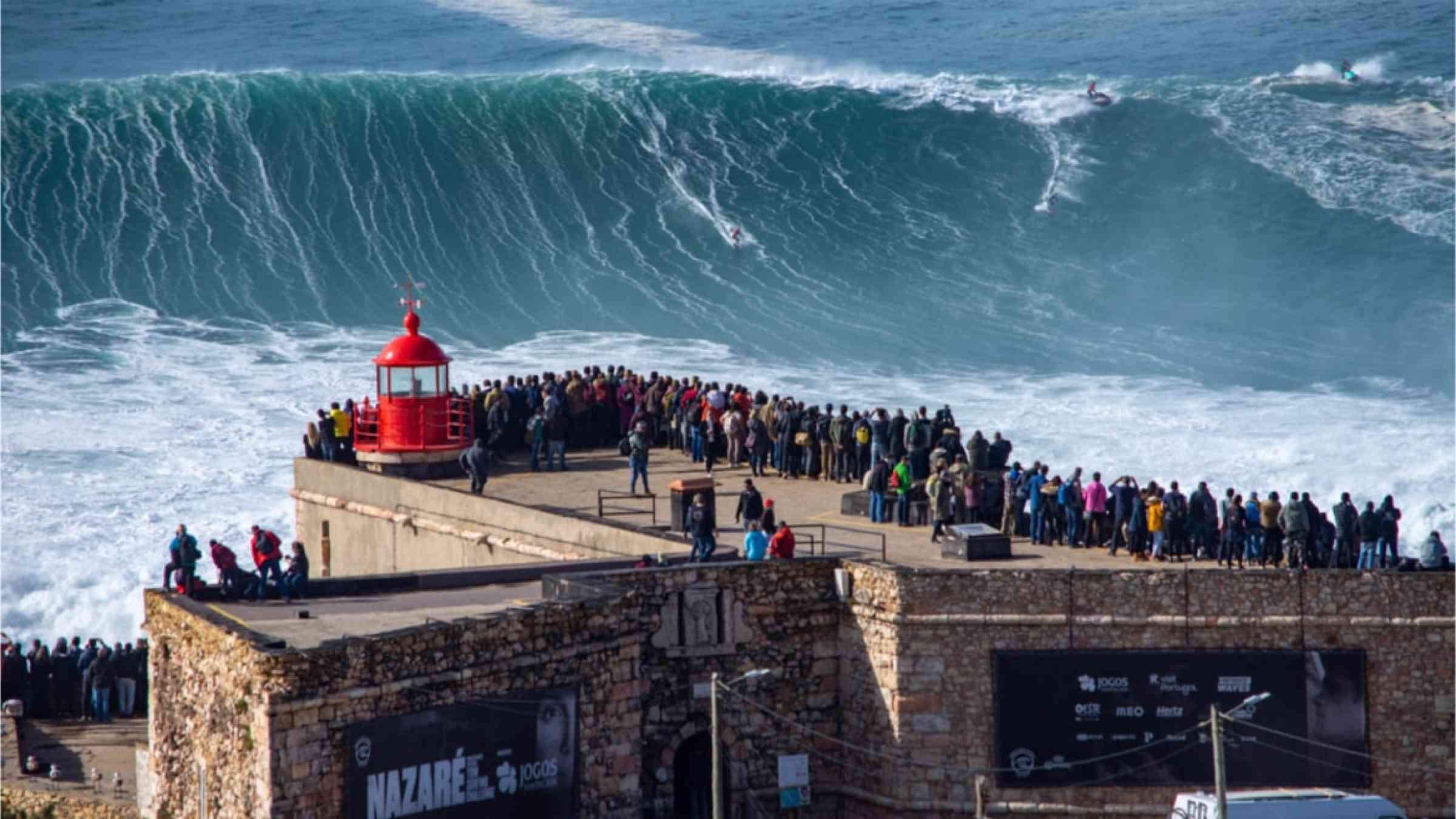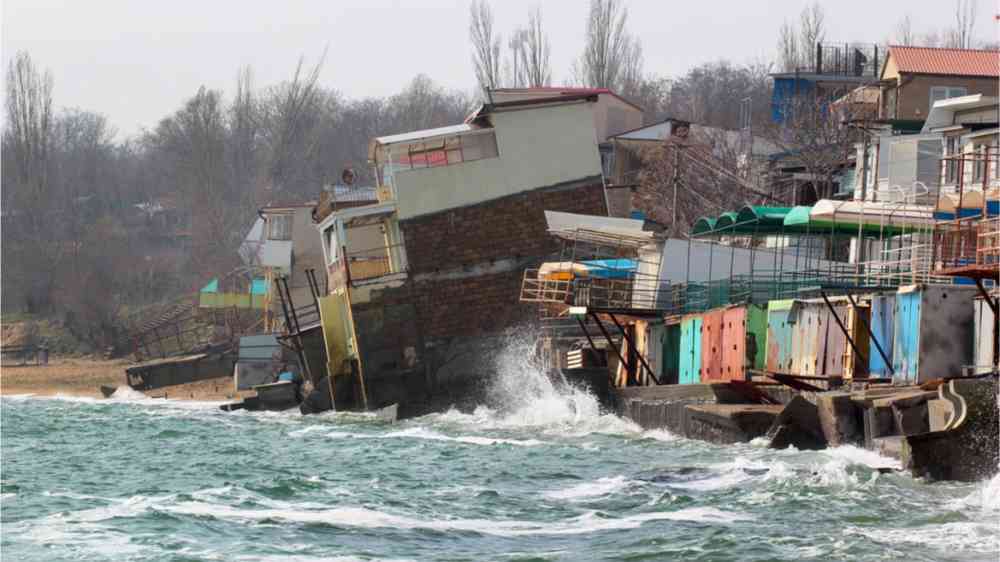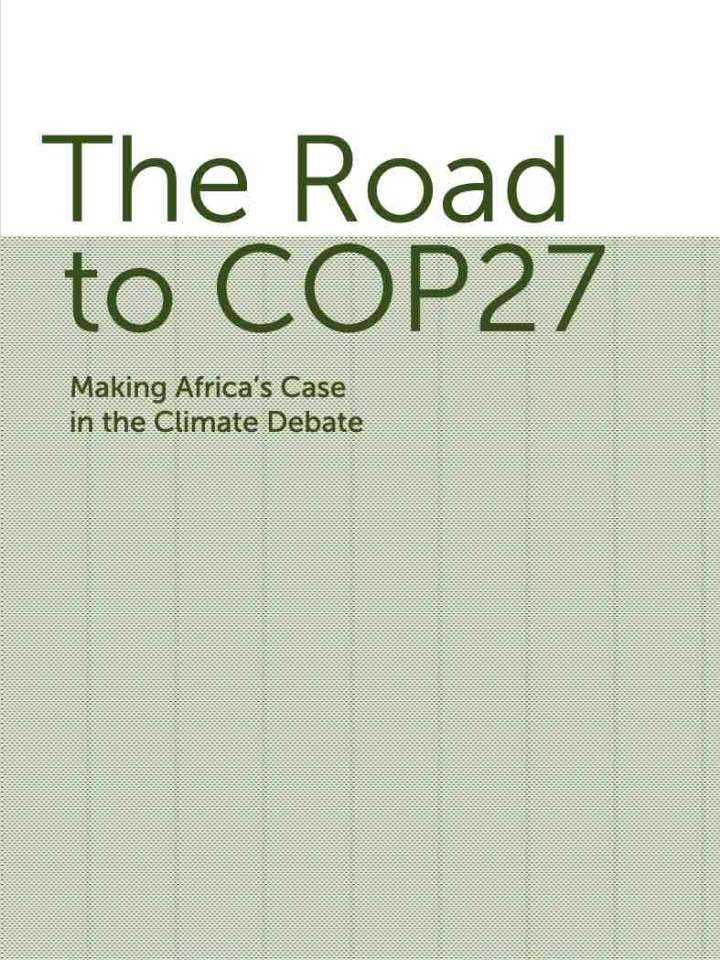Knowledge Base highlights and editors' picks
Top stories and editors' picks from the most recent additions. Explore the whole Knowledge Base.
Every week the PreventionWeb team of editors selects the latest news and research, reports and publications on disaster risk reduction – here is their selection of the latest must-read content.

Explore the latest on disaster risk and resilience from around the world: news, research, policies and publications.
Subscribe to alerts
Contribute your content
The Knowledge Base is a collaborative effort of the DRR community, updated and reviewed daily by PreventionWeb editors.
